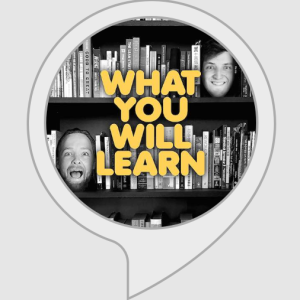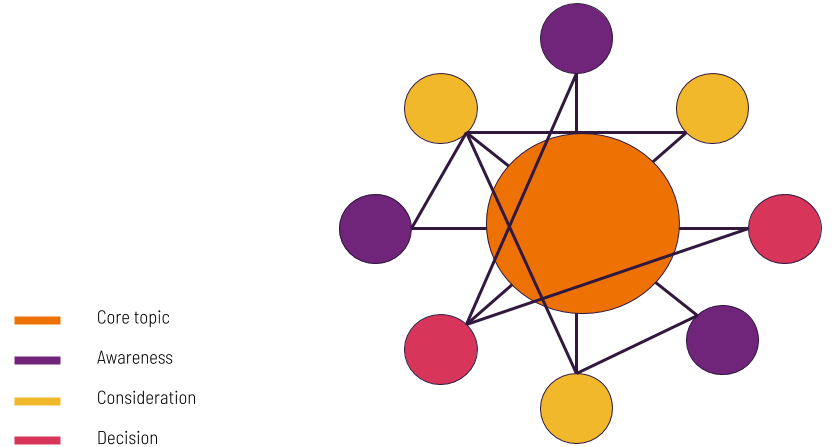Fun fact: Acquiring a new customer can cost five times more than retaining an existing customer.
Can your business afford to ignore your existing customers?
That’s what I’m exploring today with my special guest Amber Dermoudy, social media strategist at Khoros and digital marketing educator at General Assembly.
In my conversation with Amber we cover a wide range of topics including why businesses need to focus more on customer retention, how Amber builds thriving communities and why you need to start utilising social messaging in your business.
Amber also introduces us to her cat Leonardo DiCatrio who is an Instagram influencer and explains how having a pet can help with your personal brand.
So I hope I retain your attention for the entirety of this special retention marketing episode with Amber Dermoudy.
What you will learn in this episode

- Why businesses need to focus more on retention
- How to close the loyalty loop
- What Amber is excited about for the future of marketing
- AI in marketing
- How Amber builds thriving communities
- How General Assembly built their community
- “Word of mouth is your highest form of marketing and flattery.”
- What is social messaging?
- Why you need to focus on personal branding > you are your business
- How Amber learns new digital marketing skills
Resources mentioned

Book Recommendations
Dare to Lead by Brené Brown Hug Your Haters by Jay Baer This Is Marketing by Seth Godin 12 Rules for Life by Jordan B. Peterson Alive: The Story of the Andes Survivors by by Piers Paul ReadWhat business would you build on Mars?










